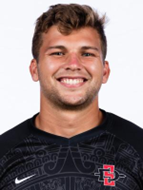By: Mira Garin
 When first beginning his undergraduate degree, soccer player Joseph “Joe” Daluz was unsure of what to study and initially flirted with the idea of obtaining a business degree. He consulted some relatives who had attended the same university, including his uncle who had pursued a degree in healthcare management and policy through their nursing school. “I spoke to him about his experience, and he spoke very highly of the program.,” Joe recounted. “After further discussion and research, I felt like healthcare might be the right fit for me.” Attracted to the program’s interdisciplinary nature, Joe liked the idea that this field “combined my interests in business, helping others, and being a part of an emerging/growing field in the U.S.” As he learned more about the significant work needed to improve key healthcare indicators such as quality, access, and cost, Joe realized that he wanted to shape his career around addressing those issues. Wanting to continue digging into this topic of study but with a stronger public health focus, Joe came to SDSU to pursue his Master of Public Health in Health Management and Policy.
When first beginning his undergraduate degree, soccer player Joseph “Joe” Daluz was unsure of what to study and initially flirted with the idea of obtaining a business degree. He consulted some relatives who had attended the same university, including his uncle who had pursued a degree in healthcare management and policy through their nursing school. “I spoke to him about his experience, and he spoke very highly of the program.,” Joe recounted. “After further discussion and research, I felt like healthcare might be the right fit for me.” Attracted to the program’s interdisciplinary nature, Joe liked the idea that this field “combined my interests in business, helping others, and being a part of an emerging/growing field in the U.S.” As he learned more about the significant work needed to improve key healthcare indicators such as quality, access, and cost, Joe realized that he wanted to shape his career around addressing those issues. Wanting to continue digging into this topic of study but with a stronger public health focus, Joe came to SDSU to pursue his Master of Public Health in Health Management and Policy.
Throughout his undergraduate career and first year of graduate school, Joe juggled academic studies with collegiate soccer. He described the extensive planning and coordination required to manage this kind of schedule as “essentially a full-time job but with travel and missed class days.” However, this experience taught him how to adapt to challenges and to balance the occasional discordance between personal goals and team goals. He also learned how to quickly pivot to serve various team needs. “I had my role change throughout my time at Georgetown from not traveling for games to being a starter on a championship team. When I came to SDSU, I was put in positions that I had never played before, so my role was also constantly changing throughout the season.” Joe noted that this kind of team-focused approach is critical in healthcare, and the stakes are substantially higher than in soccer. “The consequences of a negative environment and people working with different, misaligned priorities are much more severe as it impacts patient outcomes and experiences,” he explained.
This desire to be part of something bigger than himself paired with the team-centered approach he honed during his days in collegiate soccer helped him build a critical skill set that Joe has transferred to his current internship with SHARP. Now at Sharp’s Innovation and Education Center (SPIEC), Joe rotates through five unique departments each composed of very small teams, each charged with unique roles and responsibilities. Each department’s goals range from ensuring that patient and employee perspectives are heard by leadership to advocating that the California state government fulfill “unfunded mandates” that place considerable strain on the organization to supporting SHARP’s efforts to be at the forefront of innovation. “These projects often demand effective coordination across departments,” Joe explained, and this has led him to work not only directly on projects but in collaboration with each of the project leaders.
“The best soccer players don’t have the best talent but have the best minds and are able to see the game unfold faster than their opponents,” Joe reflected. “This requires constant teamwork, communication, and thought, [and] I have been able to translate this skill into my work experiences.”





